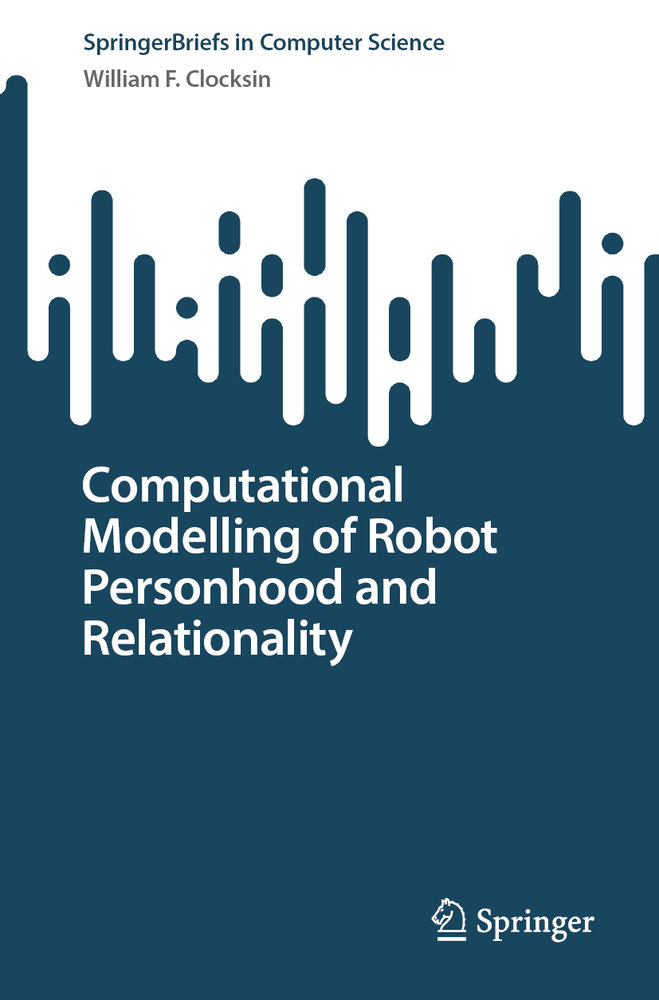This SpringerBrief is a computational study of significant concerns and their role in forming long-term relationships between intelligent entities. Significant concerns include attitudes, preferences, affinities, and values that are held to be highly valued and meaningful: The means through which a person may find deeply held identity, purpose, and transformation. Significant concerns always engage the emotions and senses in a way that simply holding an opinion may or may not. For example, experiencing a significant concern may provoke deep feelings of awe and wonder in a way that deciding what to have for lunch probably does not, even if the lunch decision involves a rich array of preferences and values. Significant concerns also include what Emmons has called ultimate concerns.
The author builds upon this base by considering the hypothetical case of intelligence in androids. An android is defined as a human-like robot that humans would accept as equal to humans in how theyperform and behave in society. An android as defined in this book is not considered to be imitating a human, nor is its purpose to deceive humans into believing that it is a human. Instead, the appropriately programmed android self-identifies as a non-human with its own integrity as a person. Therefore, a computational understanding of personhood and how persons - whether human or android - participate in relationships is essential to this perspective on artificial intelligence.
Computational Modelling of Robot Personhood and Relationality describes in technical detail an implementation of a computational model called Affinity that takes the form of a simulation of a population of entities that form, maintain, and break relationships with each other depending upon a rich range of values, motivations, attitudes, and beliefs. Future experimentation and improvements of this model may be used not only to gain a wider understanding of human persons but may also form a preliminary cognitive model of the reasoning process of an android.


